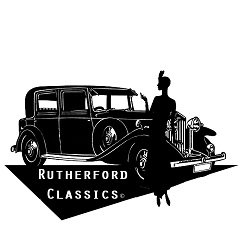I saw no mystery in it. When I was a child of 5 or 6, I made perfume by gathering sweet-smelling flowers, roses, daphne, and honeysuckle, and dropped them into a bowl of cold water. Next, I crushed them with a wooden spoon and after a few minutes, I had perfume for my mother’s birthday. Nature did the real work, of course. My job was to strain the mixture and cork the bottle. Happily, mother was a good sport and pretended to love her gift.
Now, I’m decades older and know making a good perfume requires more than crushing petals in water. Besides nature’s contribution, perfumers employ costly and secret ingredients. Also crucial is the “brief” — the story the perfume should evoke. Will it be one of mystery? Innocence? Passion? And who will wear it? Someone young? Or a woman of sophistication?
Price is also a factor. Some women will pay dearly for a hint of the exotic. A girl, with little money in her purse, needs a dream, too, however.
All and each of these elements, a perfumer considers before assembling materials. One must have “the nose,” of course, the ability to note the tones of a scent. Prior to that, there might have been years of apprenticeship before striking out on one’s own.
Three young artisans have broken that last rule, however. Together, two men and a woman, upon graduating from their studies, have created a company called Malestrom. (“How to Make A Perfume Smell Expensive,” by James Tarmy, Bloomberg Businessweek, August 6, pg. 61.) They might have struggled at their workbenches for years except, in 2017, they entered a juried competition. To win, they were to recreate a scent long out of circulation: the 1940s cult classic, Iris Gris.
To everyone’s surprise, Malestrom’s took the prize. The judges were so confident in their decision, they took little time to make it. Naturally, success has put the little company on the map. Its adapted version of Iris Gris will be released this month as L’Iris de Fath. Now, companies large and small — department stores and fashion houses — are knocking on their door seeking proprietary scents of their own.
I’ve never thought of perfumery as storytelling. I like the idea. And the possibilities are endless. What woman doesn’t have a tale to tell?
(First published 6/4/18)

